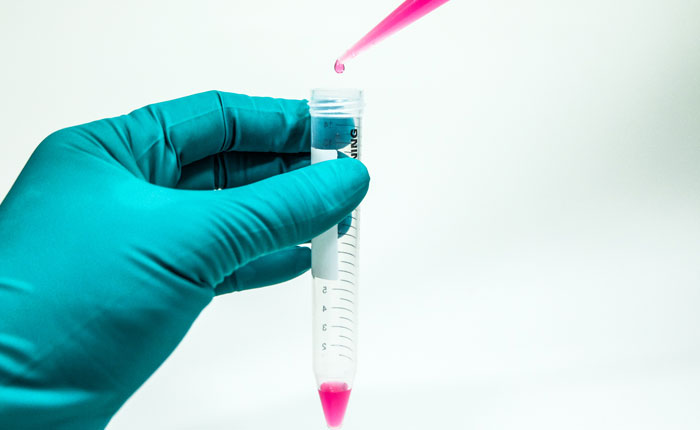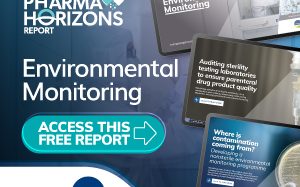Rise in product recalls prompts FDA to warn of possible BCC contamination
Posted: 28 June 2017 | European Pharmaceutical Review | No comments yet
The US Food and Drug Administration (FDA) has advised manufacturers of non-sterile, water-based drug products that there have been recent product recalls due to Burkholderia cepacia complex (BCC) contamination.


BCC and other water-borne opportunistic pathogens are among the causes of contamination that can be found in pharmaceutical water systems.
BCC contamination creates risk
Burkholderia cepacia complex can survive or even multiply in a variety of non-sterile and water-based products because it is resistant to certain preservatives and antimicrobial agents. Detecting BCC is also a challenge and requires validated testing methods that take into consideration the unique characteristics of different BCC strains.
People exposed to BCC are at increased risk of illness or infection, particularly patients with compromised immune systems.
Specifically, the FDA reminded manufacturers to carry out the following:
- Establish procedures designed to prevent objectionable microorganism contamination of non-sterile drug products, such as procedures to assure adequate quality of incoming materials, sanitary design, maintenance and cleaning of equipment, production and storage time limitations, and monitoring of environmental conditions.
- Use scientifically sound and appropriate acceptance criteria and test procedures to assure that drug product components (including pharmaceutical water) and finished drug products conform to appropriate quality standards.
- Provide appropriate drug product specifications (tests, methods, and acceptance criteria) in applications submitted to the FDA for new drug applications, or for abbreviated new drug applications. As appropriate, additional laboratory tests may be needed to determine whether products are suitable for release.
- Ensure that the methods used to test finished drug products prior to release for distribution are appropriately validated, accurate, sensitive, specific and reproducible.
- Test in-process materials during the production process (eg, at commencement or completion of significant phases, or after storage for long periods), using valid in-process specifications to assure – among other things – that the drug product will meet its final specification, including criteria for absence of microbial contamination, where appropriate.
- Investigate any failure to meet specifications, including other batches of the same drug product and other drug products that may have been associated with the specific failure or discrepancy, and implement appropriate corrective and follow-up actions to prevent recurrence.
Adverse events or quality problems experienced as a result of using a non-sterile water-based drug product should be reported to the FDA’s MedWatch adverse event reporting programme.









